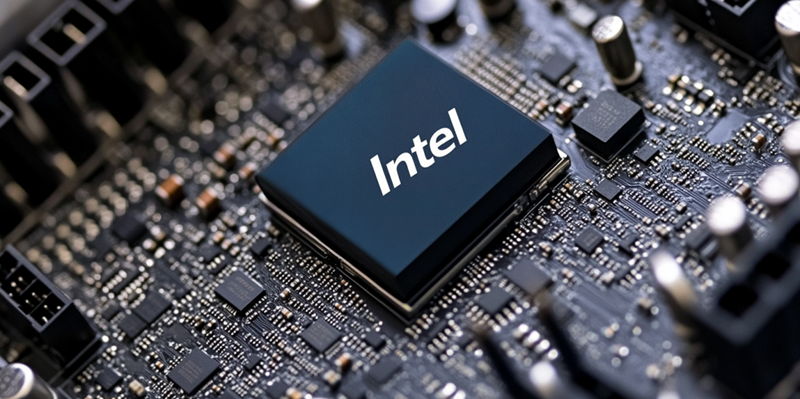Intel’s Gaudi AI accelerators have recently faced significant performance issues, creating a sense of urgency within the company to reassess its position in the competitive AI market. The Gaudi series, including the latest Gaudi 3 AI accelerator, has failed to meet expected revenue targets of $500 million for Q3 2024. This disappointing performance sharply contrasts with the significant market interest garnered by competitors such as NVIDIA and AMD, who are on track to achieve multi-billion dollar revenues with their AI solutions. The Gaudi series’ inability to capture substantial market share has raised questions about Intel’s strategy for achieving success within the AI industry.
Analyzing Intel’s Current Strategy
Intel’s approach has focused on offering cost-effective, open-source solutions, a considerable shift from the high-end performance models that define NVIDIA’s Blackwell and AMD’s MI300X solutions. Despite the potential benefits of a more economical product, the market’s response to Gaudi 3 has been tepid. CEO Pat Gelsinger has acknowledged the company’s challenges but emphasizes the need for affordable solutions to broaden accessibility within the market. Despite these attempts to carve out a niche focusing on lower-cost AI tools, the Gaudi series has struggled to gain the traction needed to make a significant impact.
In the broader context of Intel’s financial performance, the company reported a non-GAAP revenue of $13.284 billion, which exceeded general expectations. However, the inability to reach the $500 million milestone specifically for Gaudi accelerators has cast doubt on Intel’s potential to compete effectively in the AI industry. Critics argue that Intel’s incremental improvements and price-focused strategy do not align well with the rapid advancements being made by industry leaders like NVIDIA and AMD. These companies continue to push the envelope with high-performance AI solutions that fully leverage emerging technological possibilities.
Future Prospects and the Role of Falcon Shores
Intel’s Gaudi AI accelerators are currently experiencing significant performance issues, creating a sense of urgency within the company to reevaluate its position in the fiercely competitive AI market. The Gaudi series, which includes the most recent Gaudi 3 AI accelerator, has failed to achieve its revenue target of $500 million for the third quarter of 2024. This underwhelming performance is in stark contrast to the considerable market interest that competitors like NVIDIA and AMD have generated, with both companies on track to secure multi-billion dollar revenues with their respective AI solutions. The inability of the Gaudi series to gain substantial market share raises serious questions about Intel’s strategy and approach to succeeding in the AI industry. As the company struggles to keep pace with its competitors, it faces the challenge of reassessing its technology and business model to find more effective ways to compete in an increasingly crowded and lucrative AI market.

